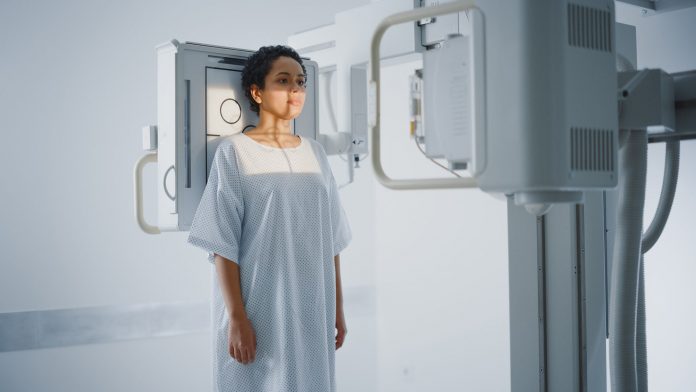Having your breasts regularly checked for signs of cancer is an important part of taking care of your health. That’s because many breast cancer screening tests can detect cancer long before you may notice symptoms on your own. But when should you start?
Recently, the American Cancer Society updated their breast cancer screening guidelines for women at average risk for the disease. Women at average risk for the disease include those without a personal history of breast cancer, a strong family history of breast cancer or a genetic mutation known to increase risk of breast cancer.
The updated guidelines are:
Women between 40 and 44 can begin screening with a mammogram every year.
Women between 45 and 54 should get mammograms every year.
Women 55 and older can reduce mammogram frequency to every other year, or continue yearly mammograms. Screening should continue as long as a woman is in good health and is expected to live at least 10 more years.
Breast cancer continues to be the most common cancer diagnosed among women, and it remains the second leading cause of cancer death. Thankfully, breast cancer related deaths have declined over the last 30 years due to technology and research. However, there is an alarming mortality gap between Black and white women.
While rates of breast cancer are about the same for Black and white women, Black women are 20% to 40% more likely to die from breast cancer. Black women are also more likely to be diagnosed later, with more advanced disease, and with the more aggressive breast cancer.
With all of this in mind, it begs the question—should Black women start getting mammograms earlier? According to a recent study published by the American College of Radiology and Society of Breast Imaging, yes they should.
Since early detection is critical to survival, the study’s experts recommend that Black women start breast cancer screening no later than age 30 “so that those at higher risk can be identified and can benefit from supplemental screening.”
Ultimately, women of all races and ethnicities should be proactive about their breast health. If you’re unsure when to start breast screening, talk to your health care provider about your family health history and risk factors to help them determine your best screening plan.
This article is sponsored by Eli Lilly & Company.






